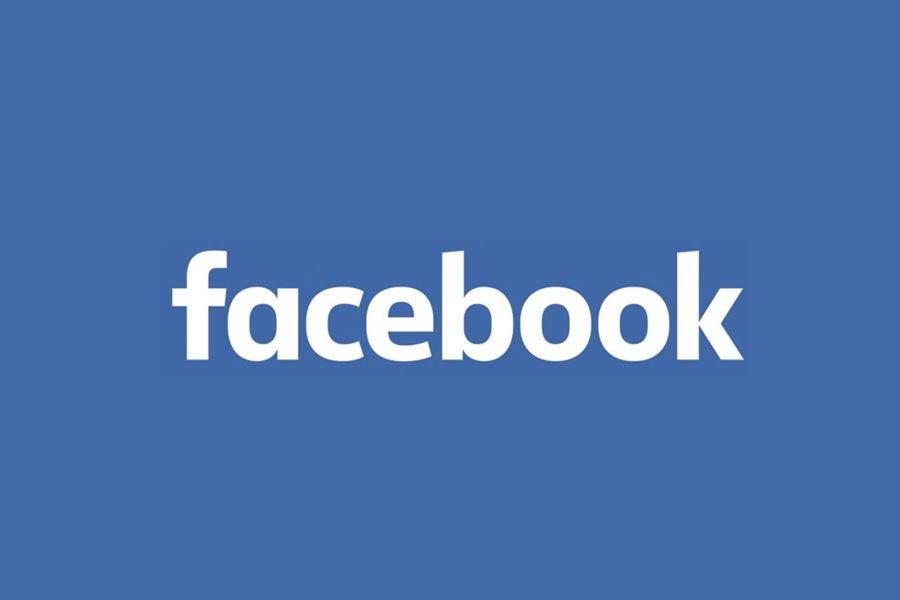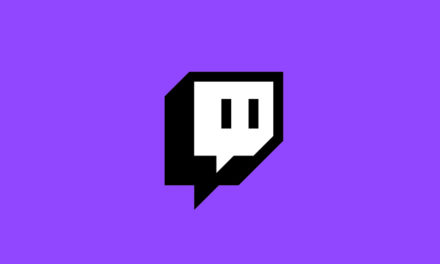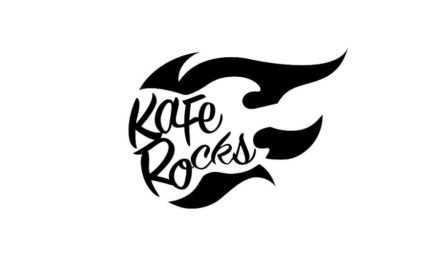With the holiday season quickly approaching, Facebook has launched a new Stars Fest event to help creators earn more tips and bonuses while also profiting.
Stars are a type of virtual currency that Facebook has been attempting to gain traction with, as they serve as a way for users to support their favorite creators on the platform. They’re essentially Twitch’s version of subs, and they’re distributed in the same way at livestreams (both video and audio-based). As a result, Facebook’s platforms, such as Gaming, are being used as a major font of Stars. Naturally, the social network will encourage users to buy them, for profit and all that, but they also account for the majority of earnings for many content creators and streamers who use the platform. Not everyone is a part of a creator program or has a contract that binds them to the Gaming service.
Stars may be the most valuable asset they will ever possess in terms of monetary gain. To be fair, it can often add up to a lot.
Facebook has announced discount packages on Stars and bundles across the board until December 31, 2021, calling it a Stars Fest event in the spirit of the holidays. The social media platform has also launched a Stars Store, which gives users a dedicated space to look for discounts. The latter is a win for users as well as a huge win for Facebook, as the Store avoids App Store fees. Apple’s 30% cut of virtually every in-app purchase, as well as overall revenue generated from ads and other sources, has been rightfully criticized as ruthless and even exploitative in some cases.
Of course, not all of the time, because exploiting a multibillion-dollar corporation like Meta or any of its platforms is extremely difficult. On the other hand, Facebook and Apple have had a savage rivalry going on since at least 2020.
This all began with the introduction of iOS 14’s Tracking/Transparency features, which resulted in a significant reduction in ad revenue for app developers across the App Store. The features essentially made it so that developers could no longer sell user data to third-party advertisers unless users gave their explicit consent. Because the information frequently involved either location data or browser history, users clearly chose to opt out, prompting Facebook to accuse the company of wrongdoing. Of course, the social network, which made the most money from data sales, had problems when a major source of income was cut off.
However, it still happened, and Meta remains one of the most powerful tech conglomerates of our time. Do you want to be a drama queen?







